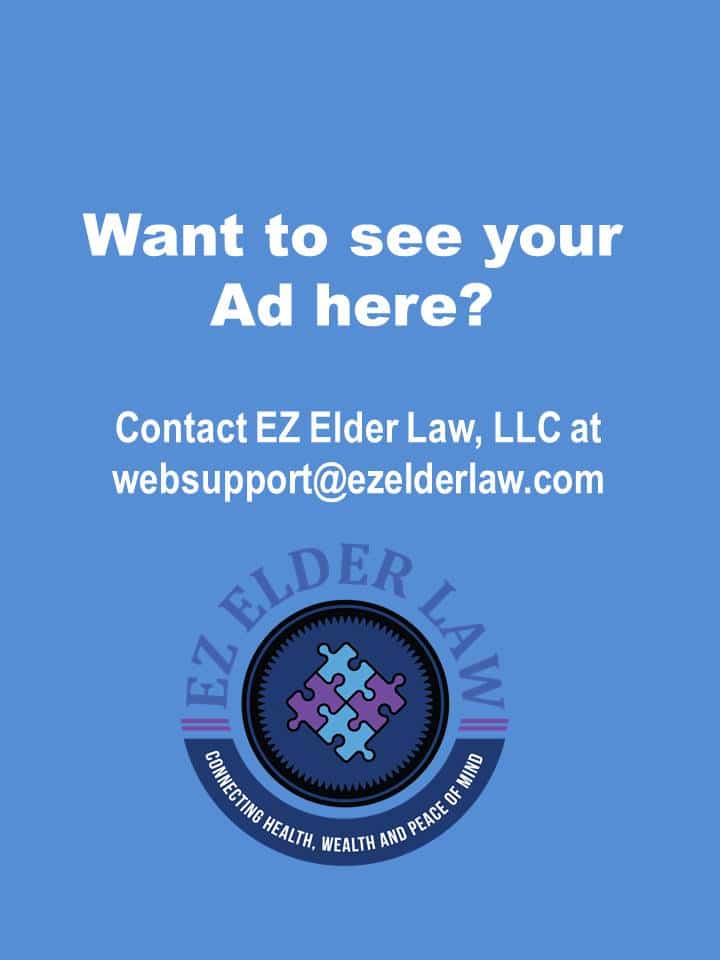In addition, to establish technical eligibility for nursing home Medicaid, an applicant must be (i) a U.S. Citizen or lawfully admitted alien, (ii) a resident of the State where benefits are sought and (iii) have been treated for a continuous period of 30 days in a medical facility. 42 C.F.R. § 435.211. [Note 7]. By way of example, the technical eligibility criteria and the citations are summarized as follows:
- A U. S. citizen or an alien admitted for permanent residence or permanently residing in the U.S. under color of law (including any alien lawfully present in the U.S. under section 203(a)(7) or 212(d)(5) of the Immigration and Nationality Act. See 42 C.F.R. § 435.406 (citizens). [Note 8].
- A resident of the State with an established residence in the state and an intent to remain in the State. See 42 C.F.R. § 435.403. [Note 9].
- Under age 21 or caretaker of a child deprived of parental support. See 42 C.F.R. § 435.220 to 435.229.
- Enumeration – have a valid social security number or filed an application for a number. 42 C.F.R. § 435.910; Tenn. Comp. Rules & Regs, Rule 1240-3-3-.02(10); Georgia Manual § 2005; Georgia ABD Manual 2220.
Note 7: Georgia ABD Manual Section 2235, Length of Stay.
Note 8: The following documentation should be sufficient to establish citizenship: birth certificate, U.S. Passport, United States Citizen Identification Card, Report of Birth Abroad of a Citizen of the United States, Certification of Birth issued by a foreign service post. Section 203 of the Immigration and Nationality Act refers to 8 USC § 1153, but subsection (a)(7) no longer exists. 8 USC § 1641 refers to 203 as in effect as of April 1, 1980 in defining qualified aliens.
Note 9: The generic definition of resident is the state where someone is living and intends to reside. 42 C.F.R. § 435.403(h). For purposes of Medicaid, 42 C.F.R. § 435.403(d) expands that definition to include individuals meeting the conditions in paragraphs (e) through (i). Resident also includes adults who are incapable of indicating intent. 42 C.F.R. § 435.403(c).
In addition, long-term care classes of assistance have a 30 day length of stay requirement to establish eligibility.


